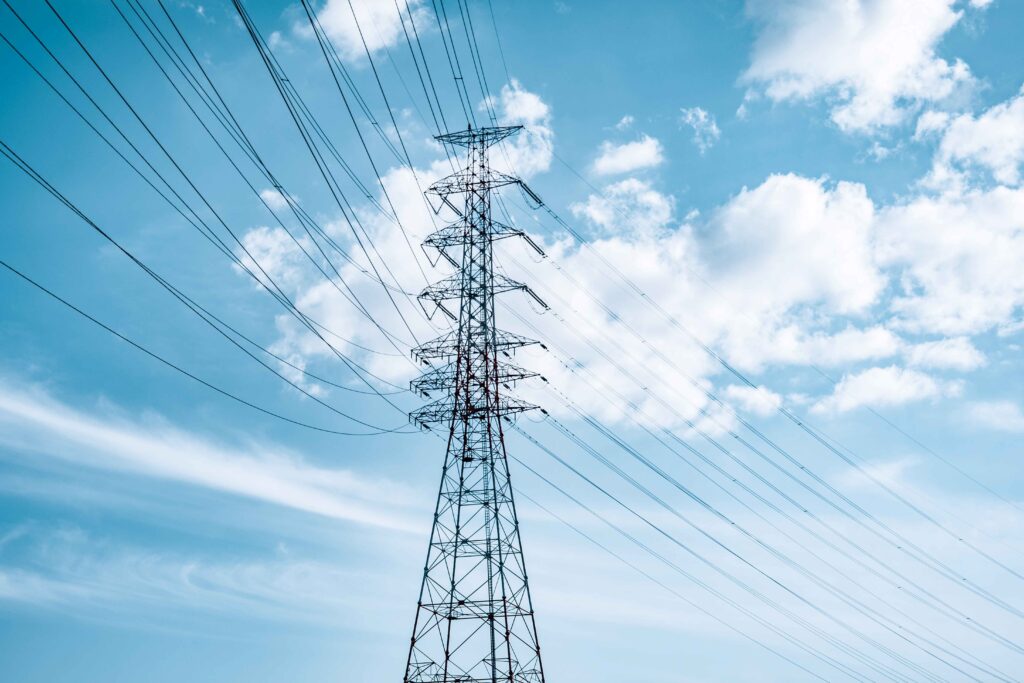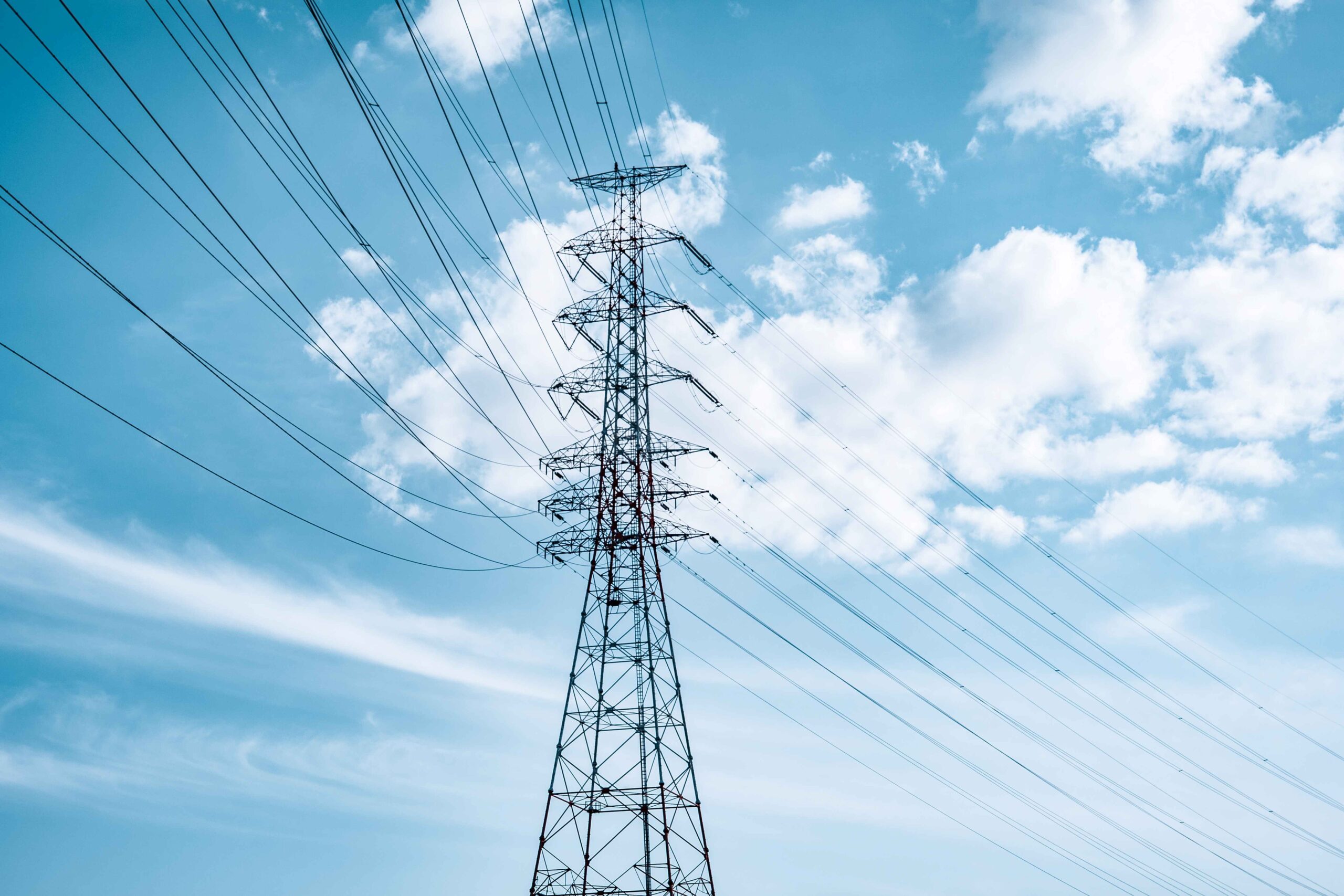South Africa, the continent’s industrial heavy-weight, is under the yoke of an enduring power crisis, marked by persistent power outages that have left the economy in a strait. The government, in a concerted effort to address this challenge, has disclosed its intention to ramp up its nuclear energy generation, a sector currently making a marginal contribution to the nation’s power supply.
The lone nuclear facility in Africa, the Koeberg plant which is situated near Cape Town, is presently functioning at just 50% of its potential output. However, the South African Government confirmed on Tuesday initiating talks with an array of potential suppliers with a view to boost nuclear power generation, potentially through the procurement of new production units.
These units could either be traditional reactors, or the less potent but more affordable small modular reactors. The Ministry of Energy’s overseer of the nuclear energy sector, Zizamele Mbambo, expressed at a press briefing his anticipation of witnessing the launch of the first reactors by 2032 or 2033.
Kgosientsho Ramokgopa, the nation’s Electricity Minister, underscored this move as a “significant benchmark,” which is projected to breathe an additional 2,500 MW into the country’s electricity production capacity.
Over the previous decade and a half, South Africa has experienced substantial power outages, sometimes lasting up to 12 hours each day. This debilitating situation has negatively impacted the economy and incited widespread dissatisfaction against the long-standing ruling party, the African National Congress (ANC).
This discontentment could severely jeopardise the ANC’s influence during next year’s elections. Poll predictions suggest that the party could potentially sink below the 50% marker for the first time ever, which would result in a loss of their unchallenged predominance in parliament.
The country’s state-run power utility, Eskom, has been mired for years in allegations of corruption and administrative missteps, particularly under the regime of former President Jacob Zuma from 2009 to 2018. As a result, the entity has been incapable of producing sufficient electricity to meet national demands, owing to its ageing and poorly maintained power plants.
The lifespan of the Koeberg nuclear plant was recently extended by 20 years following the closure of one of its units for almost a year. However, this week brought further issues as the second unit also had to be taken offline for maintenance. This latest hitch only serves to highlight the urgency with which South Africa must confront its power production despair, and the necessity of using diversified means, like nuclear energy, to improve output.






